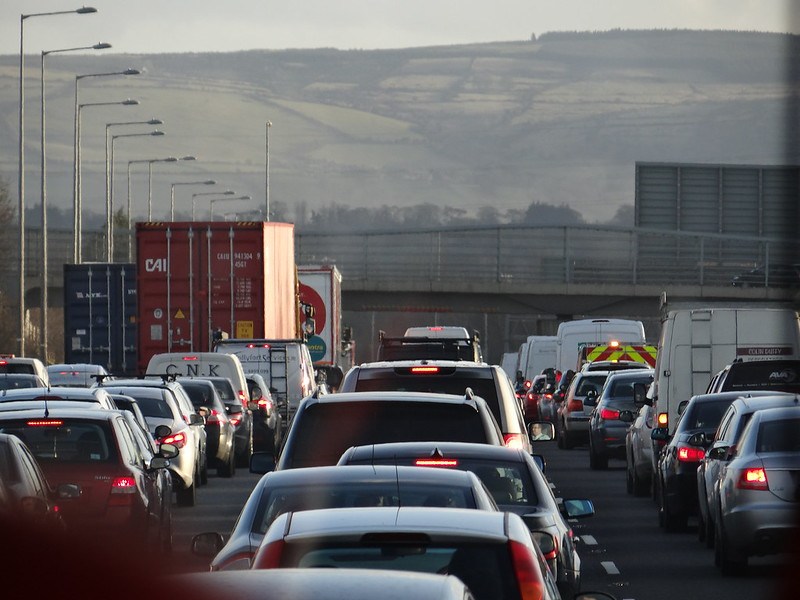The final version of the Brussels' Climate Plan, that was approved by the Brussels' government on Thursday, is the Region's contribution to Belgium’s National Energy Climate Plan for 2030.
The goal is to reduce CO2 emissions by 40% and be climate-neutral by 2050, which is “relatively” equivalent to the targets other ambitious European big cities have set themselves, said Climate Transition Minister Alain Maron in a press conference.
The Plan, which needs to be submitted to the European Commission by 31 December at the latest, is aimed at describing how Belgium, through its federal and federated bodies, will contribute to the long-term goals set by the Paris Agreement for reducing greenhouse gases.
Its main goal is keeping the average increase in temperature under 2°C by the year 2100, and pursuing efforts to limit it to 1.5°.
Brussels Region will tighten up its low emission zone
The low-emission zone was introduced by the previous government over the territory of the Brussels Region, but the restrictions will be tightened up in consultation with relevant stakeholders and professional sectors, taking into account the socio-economic and budgetary impact as well as the available alternative technologies.
The zone will prohibit the most polluting vehicles in a gradual ban over several years and will mostly concern diesel vehicles for now, but will also be applied to gasoline vehicles in the near future.
The climate plan provides for diesel vehicles to be banned by 2030 at the latest, and vehicles running on gasoline or LPG (liquified petroleum gas) by 2035.
Additionally, motorcycles will fall under the low-emission zone regulations. They have not been subject to the regulations "for operational reasons", but from 2022, the most polluting ones could be banned in the entire Brussels Region.
Brussels' city centre could become a zero-emission zone
The plan considers creating a zero-emission zone (ZEZ) in the Brussels pentagon city-centre, as well as in the trading hubs, making the access conditions stricter in the city-centre than in the rest of the Region.
The ban on diesel and gasoline vehicles, and motorised two-wheelers will be sped up and possibly be accompanied by a total ban on trucks.
It is not yet certain if non-rechargeable hybrid petrol vehicles and vehicles running on CNG (compressed natural gas) would also be subject to the stricter criteria because of their environmental features. If so, there would be a de facto total ban of fossil-fuelled vehicles in the Brussels' city centre.
"No plans, no actions, no budgets"
The automobile and motorcycle federation Febiac noted that Brussels has been lagging behind in placing the essential charging stations needed for electric and hybrid vehicles saying that there are "no plans, no actions, and no budgets to speed up this backlog," reports De Morgen.
The Brussels government, while taking credit for good climate announcements, places the responsibility and costs solely on the citizens and businesses, according to FEBIAC.
The government is avoiding its responsibilities in the roll-out of placing charging infrastructure, in the design of sustainable mobility and in assisting citizens and businesses in this process of transition to cleaner mobility. "This only creates confusion and is both economically and ecologically unproductive," the federation said.
The Brussels Times

